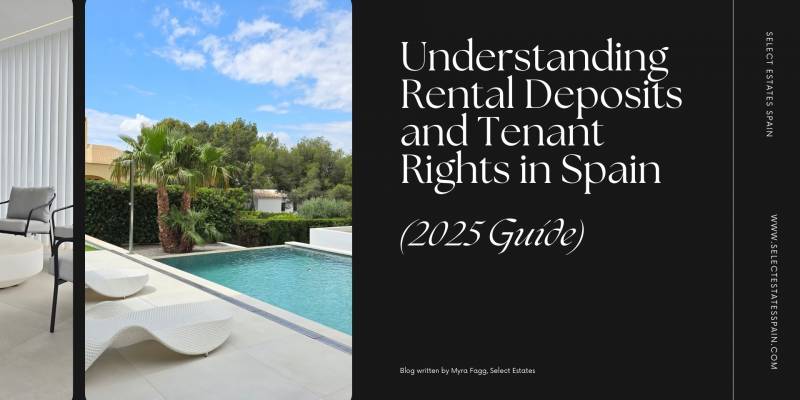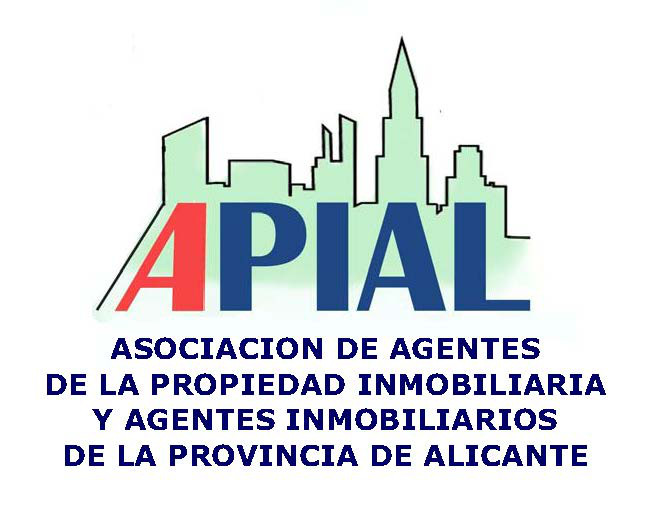Understanding Rental Deposits and Tenant Rights in Spain (2024 Guide)

When renting a long-term home in Spain — especially as an expat or investor — it’s important to understand your rights regarding deposits, agency fees, and contract conditions. Spanish rental laws are clear, and this guide will walk you through what’s allowed and what’s not, particularly for residential leases.
Legal Deposit for Residential Rentals
For long-term rental contracts where the property is used as a main residence (arrendamiento de vivienda habitual), Spanish law sets a maximum of one month’s rent as the legal deposit. Officially, this amount must be transferred by the landlord to the relevant regional authority within two months of signing the lease.
The legal deposit is intended to cover possible unpaid rent, property damage, or breach of contract by the tenant.
Additional Guarantees
In addition to the one-month legal deposit, a landlord may ask for an extra guarantee, such as an additional cash deposit or a bank guarantee. However, for residential leases, this extra guarantee cannot exceed two months’ rent.
In total, the legal deposit and the extra guarantee combined cannot exceed the value of three months’ rent.
For example, if the monthly rent is €1,000, a landlord can ask for:
- €1,000 as legal deposit
- Up to €2,000 extra as a guarantee
- Total: €3,000 maximum
Exceptions and Special Cases
There are some exceptions to these limits. For example, luxury properties — those over 300 square meters or with a monthly rent more than five times the minimum wage — are not bound by the three-month cap. In such cases, higher deposits and guarantees can be negotiated.
For non-residential use, such as commercial, professional, or tourist rentals — the legal deposit is typically two months’ rent, and landlords can request unlimited additional guarantees if specified in the contract.
Agency Fees: Who Pays?
A major point of confusion in Spain is who pays the agency or brokerage fee. The rules depend on the type of rental contract:
If a private individual is renting a property for long-term living (more than 11 months), the landlord is responsible for paying any real estate agency fees.
If the rental is seasonal (under 11 months), or if it’s for business or corporate use, the parties can freely negotiate who pays the fees.
In most cases where both landlord and tenant are companies, the agency is allowed to charge both parties and the LAU law is not applied in this situation.
11-Month Contracts vs. Long-Term Leases
Some landlords offer contracts of 11 months to avoid legal obligations, but this doesn’t always work in their favor.
A lease of less than 11 months may be considered a seasonal rental and doesn’t provide the tenant with long-term protection. On the other hand, a rental agreement of 11 months or more is covered by Spain’s Urban Lease Law (LAU), which includes automatic renewal rights and additional tenant protections.
If you're planning to live in the property as your main residence, it’s usually better to request a long-term contract to ensure you have legal backing.
Eviction After Two Years: Is It Possible?
Generally, tenants who sign long-term contracts are entitled to stay for a minimum of five years (or seven years if the landlord is a legal entity). During this time, the landlord can only terminate the lease under specific legal conditions.
So no, a landlord cannot simply evict you after two years unless there are grounds stated in the contract and supported by law.
Selling a Property with Tenants Inside
If a landlord decides to sell a property while it’s still being rented, the tenant has rights that remain valid, especially if the lease was officially registered at the property registry (Registro de la Propiedad).
In such cases, the new owner is legally bound to respect the current lease and its terms. If the contract was not registered, the tenant’s rights depend on the specific terms agreed in the lease and whether they were notified properly.
Final Thoughts
- In Spain, for long-term residential rentals, the following rules apply:
- The legal deposit is limited to one month’s rent.
- An extra guarantee is allowed, up to a maximum of two additional months.
- Combined, the total deposit and guarantees cannot exceed three months of rent.
- Agency fees for residential leases (for more than 11 months) must be paid by the landlord, not the tenant.
- Contracts longer than 11 month provide stronger tenant protection.
By understanding these regulations, you can enter a rental agreement with confidence, whether you're an expat moving to the Costa Blanca or a landlord looking to rent responsibly.
Need help navigating rental laws or finding your ideal property in Spain?
Visit www.selectestatesspain.com for more insights and expert guidance.











